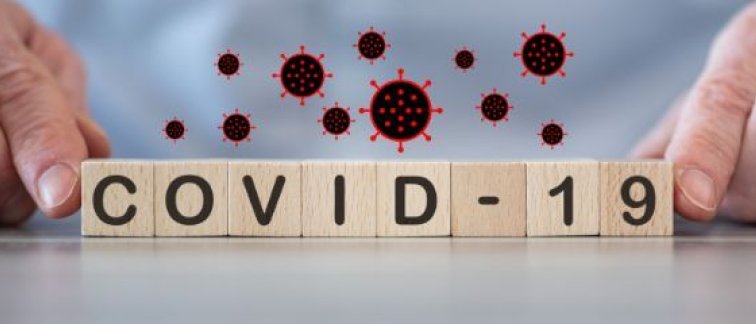The challenge is:
- to study the efficacy of COVID-19 vaccines in people with blood diseases, and
- to be able to provide guidelines for vaccination of these patients.
Patients with hematological disease, such as leukemia, sickle cell disease, multiple myeloma, or an autoimmune disease are more likely to develop a serious coronavirus infection. Amsterdam UMC will use the ZonMw grant of more than 2.7 million euro to investigate the effect of the SARS-Cov-2 vaccines in patients with a hematological disease. “We want to prevent this group from feeling protected when they may not be after a vaccination,” says hematologist and researcher Inger Nijhof of Amsterdam UMC.
Vaccination is vital for hematological patients. “We know that patients diagnosed with hematological cancer less than five years ago have a three times higher risk of dying from a coronavirus infection. The risk is also high for patients with a benign hematological disease, such as sickle cell disease,” says Dr. Nijhof.
To generate antibodies or not
It is unknown whether vaccination offers sufficient protection for these patients. “The disease and its treatment may prevent the T and B cells, which build memory and make antibodies, from being activated after vaccination. It is possible that these cells may not produce antibodies against the SARS-Cov-2 virus, ”adds Mette Hazenberg, Professor of Hematology. "That is why we want to investigate whether vaccination protects patients with hematological disorders."
Repeated vaccinations
The scientists are studying 850 patients, who they divide into three groups. They anticipate that one or two injections will suffice for some hematological patients. In this group, the patients’ T and B cells should support a strong immune system, including a good memory. According to their disease characteristics, patients in another group may not respond at all to the vaccine. Patients with a partial response to the vaccine will be in the third group. These patients may produce antibodies, but not in a sufficient quantity or for the necessary period of time.
Dr. Nijhof explains: “We may have to vaccinate these patients several times to provide adequate protection. So it is possible that patients who we think will not have sufficient protection after initial vaccination, may eventually still be adequately protected. ” The scientists also want to look at individual biomarkers that can predict post-vaccination protection.
Vaccination guidelines
This study, called Cobra Kai, is being carried out in collaboration with Erasmus MC, UMC Groningen, Leiden UMC and Sanquin, among others. Dr. Hazenberg indicates that the results of the study will be translated into applicable vaccination guideline for patients with blood diseases. Another study from Amsterdam UMC also funded with a ZonMw grant is studying the effects of the corona vaccine in people with autoimmune diseases.
Read more on the Amsterdam UMC website (in Dutch)

